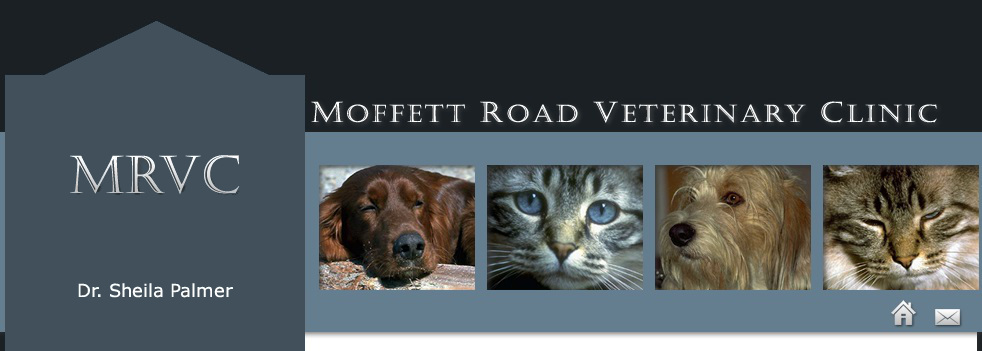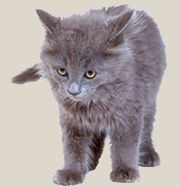Feline Pet Care
Your Senior Cat
Once your cat has reached 7 years of age, it is now considered a senior or geriatric patient. There are several things you need to consider for your senior pet to ensure their continued health. Remember also to continue all of their preventative medications as well such as heartworm and flea preventions.
We recommend switching your senior pet from adult maintenance cat food to a high quality senior or mature adult cat food. This will help maintain their health as senior cat foods lower the protein content so there is less strain on their kidneys and these diets often include extra vitamins and minerals that your pet needs as they age. You should also consider having your pet examined twice yearly instead of once yearly so that we can detect and discuss problems sooner that may arise. Senior patients are more prone to developing kidney, liver, and thyroid disease and even diabetes or cancer, so twice yearly exams help to detect these problems and begin appropriate therapy sooner. Most senior pets also require dental cleanings more often which is very important because severe tarter can trap bacteria that can cause an abscess or can enter your pet's bloodstream and cause an infection of their heart valves.
We offer a Senior Wellness blood work and urine panel that helps detect diabetes, kidney, liver, and thyroid disease in your pet. We recommend this panel at least once yearly for your senior pet, and sometimes twice yearly depending on your pet's needs. We also use this panel for screening prior to anesthesia for dentals or other anesthetized procedures for your senior pet. We also offer a full line of prescription diets, supplements, and medications to help meet all of your senior cat's needs. Call us today at (251) 344-3921 to schedule a Senior Wellness panel for your pet.




